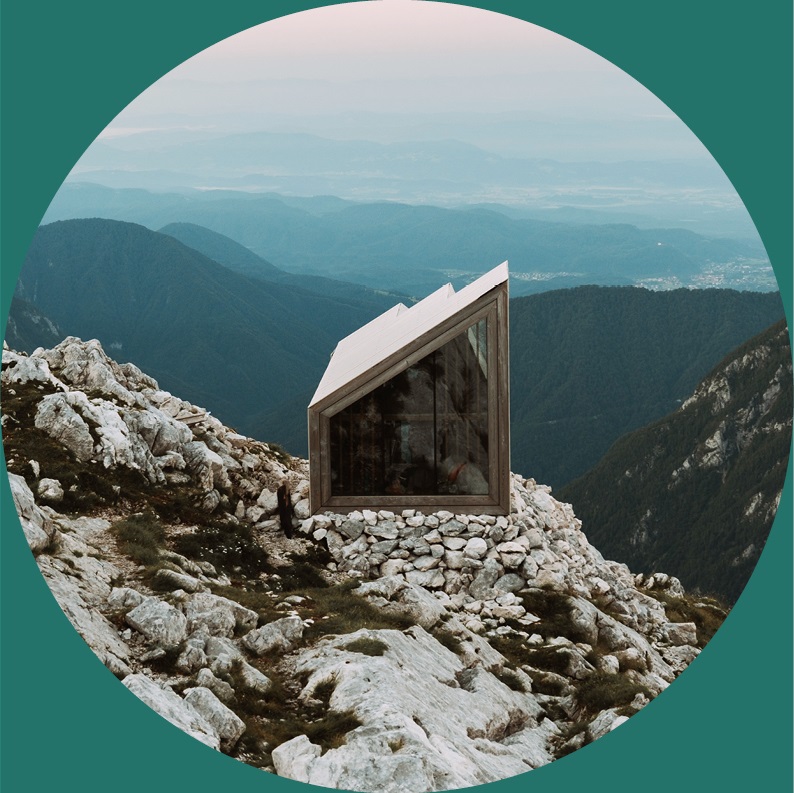
Australia’s Sensory-Inclusive Tourist Town
Published 09 May 2023
As covered extensively in Democratising Travel & Leisure: Disability Futures, tourism, hospitality and leisure brands must prioritise their accessibility protocols – not only to ensure greater inclusivity, but also to benefit commercially. With this in mind, Phillip Island off Australia’s southern coast is set to be the country’s first Sensory Inclusive tourist town.
Australia’s Sensory-Inclusive Tourist Town


Topics

Want to see the full report?
Offering access to over 350 consumer and cross-industry reports annually, Stylus Membership is your window to tomorrow’s most exciting opportunities.
We already arm more than 500 of the world’s most forward-thinking brands and agencies with the creative insights they need to make transformative business decisions.
We’d love to do the same for you.
Book a demo with us today to discover more.
More Reports From Stylus
More Reports From Stylus
Cruise Trends 26/27 Charting the Future
Cruises are supercharging their entertainment offerings and introducing unique itineraries to align with the passions of different cohorts, from ardent sports fans to flavour-curious foodies. Furthermore, ethically minded passengers will be reassured to learn about the industry’s advancement with lower-impact vessels...










